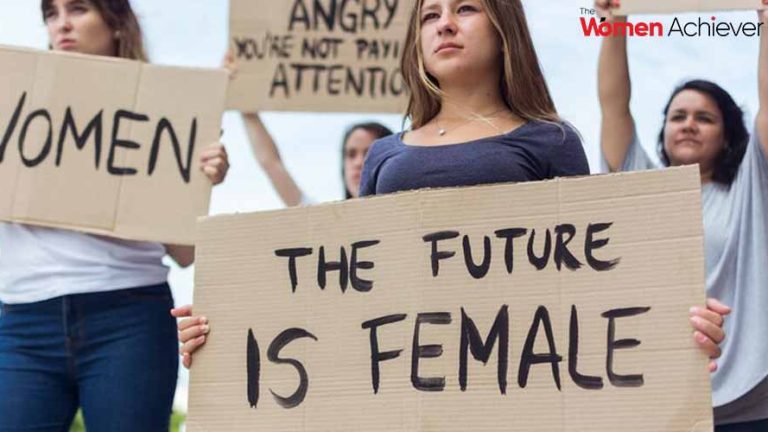Feminism in the 21st Century: Understanding Its Evolving Impact
Since its inception, feminism has undergone tremendous change, and in the twenty-first century, it is still adjusting to the shifting social, political, and cultural conditions. Examining feminism’s contemporary expressions and the range of topics it tackles is necessary to comprehend what it means now.
1. The concept of intersectionality
The focus placed on intersectionality by 21st-century feminism is one of its distinguishing characteristics. This idea was first presented by Kimberlé Crenshaw and acknowledges the influence of several elements, such as aptitude, gender, sexual orientation, race, and class, on an individual’s experiences and identity. The goal of contemporary feminism is to confront the ways in which these overlapping identities affect people’s experiences of privilege and oppression.
2. Diversity and Inclusivity
Feminism in the modern day is more varied and inclusive than ever. It honours the accomplishments and hardships of underrepresented groups, including as women of colour, LGBTQ+ people, and people with disabilities. By using a more comprehensive approach, we hope to guarantee that feminism speaks for and represents all women, as opposed to concentrating only on the problems that a single group of women faces.
3. Activism on the Internet
Social media’s ascent has revolutionized feminist action by making it possible for movements to swiftly and successfully reach a worldwide audience. Social media sites like Twitter, Instagram, and TikTok are used to confront injustices, rally support, and increase awareness. #MeToo and #TimesUp are two examples of hashtags that have elevated voices and spurred national dialogue on sexual harassment and gender inequality.
4. Fairness in Economics
The focus of contemporary feminism is economic justice, with the goal of resolving differences in employment and income. This entails promoting salary parity, accessible child care, and work-life balance-promoting workplace regulations. Achieving more gender equity requires a battle for economic equality.
5. Reproductive Rights and Body Positivity
Modern feminism promotes self-acceptance, questions conventional notions of beauty, and supports body positivity. Additionally, it keeps up its support of women’s reproductive rights by guaranteeing that women have access to safe abortion procedures, contraception, and thorough sex education. The liberty and equality of women depend on these concerns.
6. Worldwide Views
Because the problems that women experience range greatly between cultures and geographical areas, feminism in the twenty-first century is becoming more and more worldwide. In order to address global issues like economic inequality, access to education, and gender-based violence, international feminist movements work together to foster understanding and solidarity among people from different cultural backgrounds.
7. Men as Partners
Including males as supporters in the struggle for gender equality is another aspect of modern feminism. It questions conventional ideas of masculinity and invites men to engage in discussions about equity, violence, and gender roles. The goal of this inclusive strategy is to make society more equal for everybody.
8. Putting Institutional Structures to the Test
The goal of today’s feminists is to destroy the institutional frameworks that support gender inequity. This involves promoting policy modifications in fields including education, criminal justice, and healthcare. The intention is to design structures that support diversity and justice.
9. Awareness of Mental Health
Modern feminism acknowledges the significance of mental health as well as the ways in which expectations and conventions related to gender affect mental health. It aims to de-stigmatize mental health concerns, especially those impacting women, and promotes mental health support.
10. Redefining Achievement
Contemporary feminism urges women to forge their own paths and questions conventional notions of success. In terms of work, family, or personal growth, it encourages a range of goals and accomplishments and supports the notion that success is complex and unique.
Conclusion: In the twenty-first century, feminism is a vibrant, changing movement that captures the complexity of modern existence. Modern feminism keeps pushing for a more just and equitable world by embracing intersectionality, diversity, and global perspectives. In order to advance gender equality and build a society where everyone may prosper, it is imperative that people comprehend and uphold these ideas.






Add comment